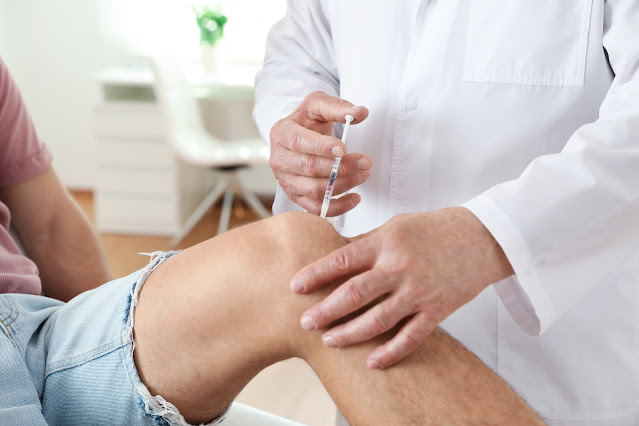Medications For Osteoarthritis: A Look At Non-Traditional Treatment Options
Osteoarthritis can cause pain and stiffness in your joints and muscles, which can make everyday activities difficult. Treatment for OA usually begins with non-steroidal anti-inflammatory drugs (NSAIDs).
These best medication for osteoarthritis pain help reduce pain and inflammation but don't slow down or reverse damage to your joint tissue. Other treatments include exercise therapy, weight management programs, dietary modifications and medication such as glucosamine sulfate or chondroitin sulfate. However, recent research suggests that these may not be effective either because they don't target joint structure directly or because they don't treat symptoms fast enough after injury has occurred.
How do you know if you have osteoarthritis?
Osteoarthritis (OA) is a common type of arthritis that involves the breakdown and loss of cartilage in joints. Cartilage is the smooth tissue that cushions your bones and allows them to move smoothly against each other. OA occurs when this cartilage breaks down, causing pain and stiffness in the affected joint.
If you think you might have osteoarthritis, talk with your doctor about what kind of treatment options are available for you--and whether one of these non-traditional treatments may be right for your needs.
What are the symptoms of osteoarthritis?
Osteoarthritis is a degenerative joint disease that causes pain, swelling and stiffness in the joints. The most common symptoms of osteoarthritis include:
- pain, swelling and stiffness in the joints
- tenderness, stiffness and weakness in the morning
- joints that are warm to the touch
- swelling in your hands or feet (especially at night)
If you have any of these symptoms it's important to see a doctor right away so they can determine what treatment options are right for you!
Can osteoarthritis be prevented or slowed down?
You can take steps to prevent or slow down the progression of osteoarthritis. A healthy weight, regular exercise, good posture, and balanced diet are all important for keeping your joints healthy. Smoking and alcohol use are also things to avoid if you want to reduce your risk of developing osteoarthritis.
If you already have osteoarthritis, there are things you can do to manage the symptoms and reduce pain. These include staying active and doing low-impact exercises that don’t put too much strain on your joints.
How are treatments for osteoarthritis changing?
As we learn more about the causes of osteoarthritis, researchers are developing new drugs to target these processes. For example, one type of medication prevents cartilage from being destroyed by the body's immune system. Another medication for osteoarthritis helps regenerate damaged joint tissue by stimulating growth factors in cells called chondrocytes that make up cartilage.
The progress being made on non-traditional treatments for osteoarthritis means you may see some new medications on your doctor's prescription pad soon!
Conclusion
Osteoarthritis can be a debilitating disease that affects millions of people around the world, but there are many options for treating it. Traditional treatments and steroids have shown some success with managing symptoms and reducing pain, but they also come with risks like gastrointestinal bleeding or kidney damage.
Non-traditional treatments such as acupuncture or yoga may not be as effective at reducing pain levels but they do offer other benefits such as stress reduction which could help overall health.




Comments
Post a Comment